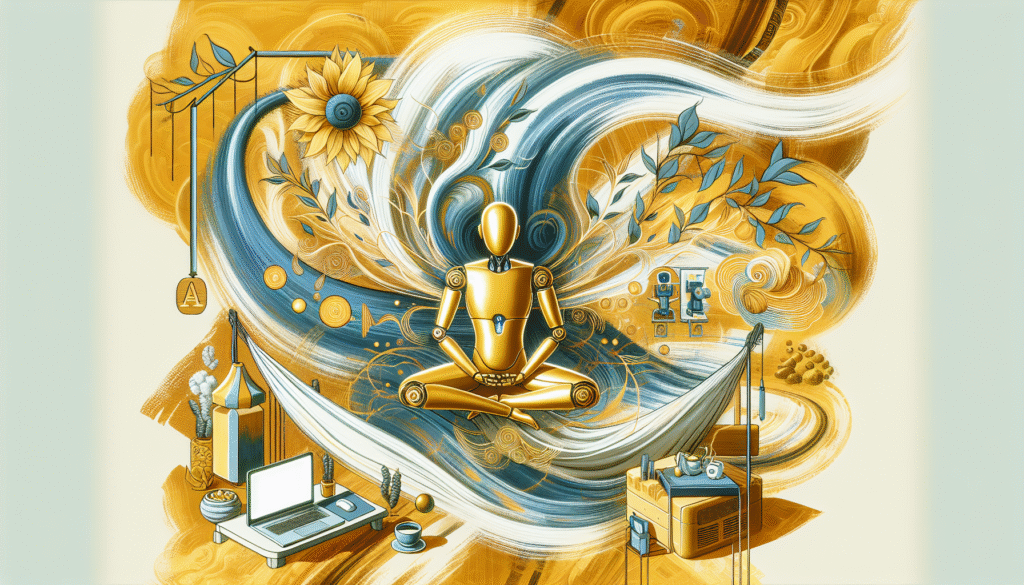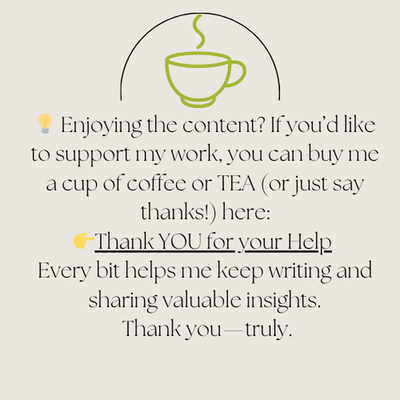TLDR: AI helps professionals improve work-life balance by automating routine tasks, detecting and managing stress, enhancing communication via NLP tools, and optimizing time with predictive analytics. These technologies reduce burnout, support mental wellness, and foster a more sustainable daily rhythm.

From Chaos to Clarity: AI’s Role in Stress Reduction
AI isn’t just for boosting efficiency—it’s a subtle, supportive force for mental wellness. By recognizing behavioral patterns, AI tools can detect early signs of burnout and stress.
Platforms like Ginger and WYSA use real-time chats, emotion tracking, and predictive modeling to offer personalized coping strategies before stress becomes overwhelming. Digital wellness programs from services like Lyra Health and TherapyWorks combine therapy guidance with AI-backed routines to support emotional resilience and mental clarity.
Personalized Support That Understands You
AI adapts to how you work and feel, offering more than surface-level suggestions. Through natural language processing (NLP), AI can improve communication tone, clarity, and timing—reducing friction in remote teams. Meanwhile, stress-mapping tools analyze digital activity to recommend downtime, breaks, or breathing exercises.
It’s not just productivity—it’s productivity with empathy.
Key Benefits of AI for Work-Life Balance
| Stress Detection | Catches burnout early and suggests tailored interventions |
| Task Automation | Handles repetitive tasks like scheduling, email sorting |
| Smart Prioritization | Helps focus on what matters most based on impact and urgency |
| 24/7 Support Tools | Chatbots like WYSA offer mental health help around the clock |
| NLP Communication | Improves clarity and tone in team communication |
Automation as a Sanity Saver
Let AI handle the grind so you can focus on your real work. From data entry to calendar coordination, automation tools help reduce your cognitive load.
- Routine Relief: Say goodbye to microtasks that eat your time.
- Individualized Messaging: AI refines how and when you communicate, reducing overwhelm.
- Burnout Prevention: Especially in high-pressure fields, AI flags fatigue early and prompts recovery routines.
Smarter Time Management
Time management tools powered by AI are reshaping how we prioritize:
- Smart Task Sorting: AI tools analyze urgency and importance to suggest what to tackle next.
- Behavior Insights: Systems like ChatGPT, Gemini, or Copilot track workflow bottlenecks and suggest fixes.
- Task Sharing: AI-enhanced workforce platforms redistribute responsibilities across teams to maintain load balance.
These tools help avoid chaos and encourage deeper focus, freeing time for life outside work.


